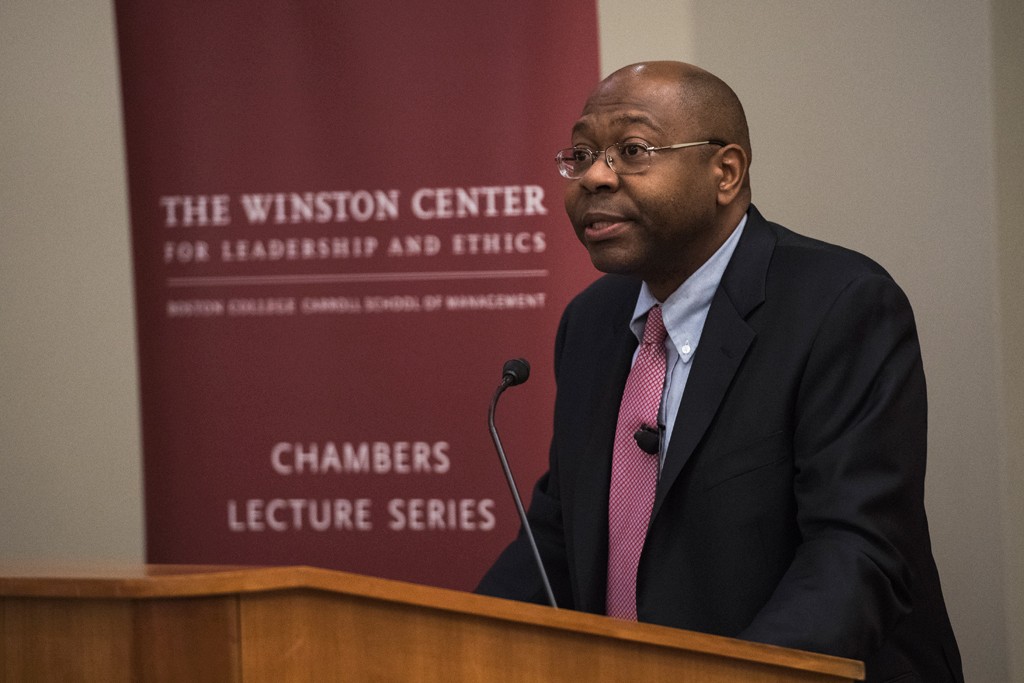Did racial economic inequality rise during the Obama presidency?
The Wall Street Journal’s Jason Riley gave his perspective on race relations in the United States, specifically about racial inequality faced by members of the black American community. Riley argued that many black leaders seek to gain political clout to use it to create programs intended to lift the community from impoverishment. However, he believes that political power has not been proven to have a significant positive impact on the situation of the black poor and middle class. According to Riley, the steady black unemployment rate during the Obama administration and failures of programs such as Affirmative Action and soft-on-crime laws have actually led to fewer black professionals and more crime in communities. He suggested that instead of focusing solely on political power, a focus on gaining economic power would be much more beneficial to lifting blacks out of poverty. To illustrate, Riley attempted to draw a parallel to America’s early Irish immigrants, who achieved political success only after gaining significant economic success.
Riley said that there should be more self-responsibility on the part of black Americans. While acknowledging the part that racism plays in their lives, he said that the community should not continue to use that as a reason for their disadvantaged state. Part of the problem, he said, is that black Americans are told from a young age that racism will prevent them from becoming successful. He denounced this idea using figures from the Jim Crow segregation time period, where even under intense racism and hatred, the financial gap between black and white Americans steadily shrunk, proving that even rampant prejudice could not keep the community down.
While interpretation of the statistics Riley cited is subjective, and he failed to address things like the lack of infrastructure and programs in the communities needed to support this upliftment, his assessment that economic power is crucial for the black community to escape poverty is certainly spot on.
Curt Allen '20, Winston Ambassador




